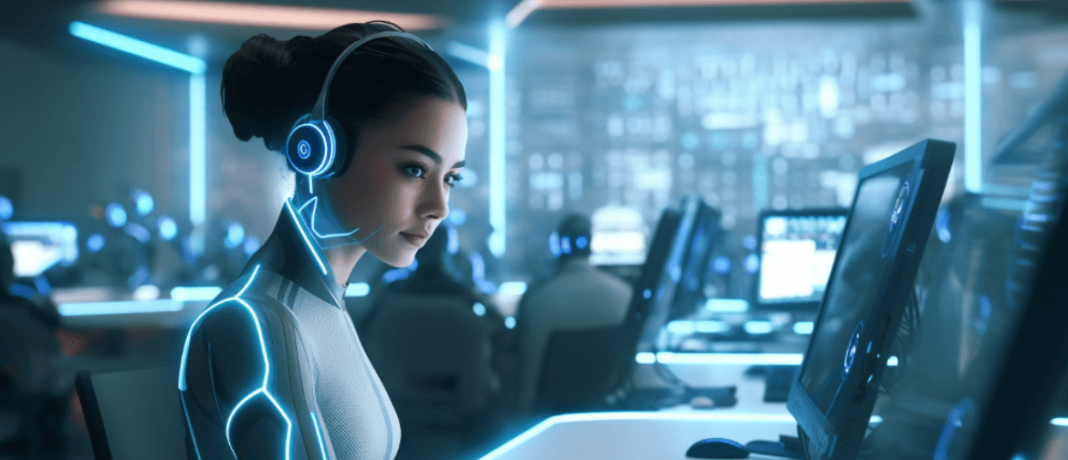Introduction
AI-powered assistants like Siri, Alexa, and Google Assistant have come a long way from being simple voice-controlled gadgets. In 2025, the next evolution of personal AI assistants is transforming them into digital twins—highly personalized, AI-driven systems that understand, predict, and act on behalf of users.
How AI Assistants Are Evolving
- From Reactive to Proactive: AI no longer just responds to commands but anticipates needs.
- Hyper-Personalization: AI adapts to individual habits, emotions, and goals.
- Integration Across Devices: AI assistants seamlessly function across smartphones, smart homes, and wearable tech.
Applications of AI Assistants 2.0
1. AI in Healthcare
- AI assistants monitor heart rate, stress levels, and sleeping patterns, offering real-time health recommendations.
- Medication reminders and appointment scheduling are now automated.
- AI can detect early symptoms of diseases based on voice patterns and facial expressions.
2. AI in Financial Management
- AI assistants analyze spending habits, helping users save money and optimize budgets.
- AI-driven investment advisors provide real-time stock market analysis and suggest portfolio adjustments.
3. AI in Productivity & Work
- AI assistants draft emails, schedule meetings, and summarize lengthy documents.
- They can even write reports and generate presentations based on user input.
- AI chatbots handle customer interactions, reducing workload for professionals.
4. AI in Smart Homes
- AI adjusts home temperatures, lighting, and security based on user preferences.
- Smart fridges order groceries when supplies are low.
- AI-powered virtual chefs suggest meals based on dietary preferences.
Challenges and Ethical Concerns
- Privacy Risks: AI assistants collect vast amounts of personal data—how secure is this information?
- AI Bias: Can AI truly understand and respect diverse cultural and personal preferences?
- Dependency on AI: Will users become overly reliant on AI, reducing critical thinking skills?
The Future of AI Assistants
As AI becomes more advanced and intuitive, we are moving closer to a world where digital assistants act as extensions of ourselves. However, balancing convenience with ethical responsibility will be key in shaping AI’s role in our lives.

